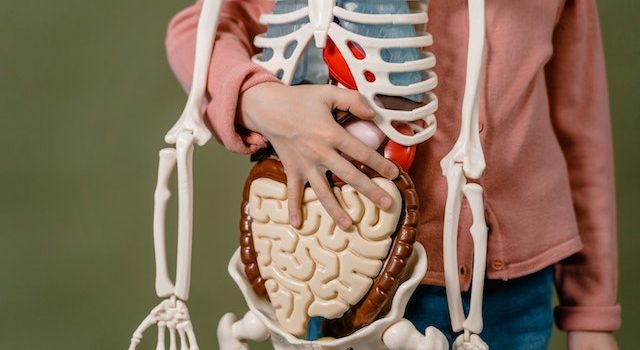
Introduction:
Organ donation raises complex ethical questions surrounding consent and the fair allocation of a scarce resource. While organ transplantation offers life-saving opportunities, ensuring an ethically sound system is essential to uphold the principles of autonomy, fairness, and justice. This article delves into the ethical considerations surrounding organ donation, focusing on the issues of consent and allocation.
- Consent in Organ Donation:
Informed consent is a cornerstone of medical ethics and plays a crucial role in organ donation. It is imperative that individuals freely and willingly provide consent to donate their organs, either during their lifetime or through explicit authorization after death. Respect for autonomy requires that individuals have the right to make decisions about their bodies, including the choice to become an organ donor.
- Presumed Consent vs. Explicit Consent:
Different consent models exist globally, including presumed consent and explicit consent. Presumed consent implies that individuals are considered potential organ donors unless they have explicitly opted out. Explicit consent, on the other hand, requires individuals to actively register as organ donors or for their families to provide consent on their behalf after death. The choice between these models raises ethical debates regarding the balance between individual autonomy and maximizing organ availability.
- Informed Decision-Making and Education:
To ensure genuine consent, it is crucial to provide individuals with accurate and comprehensive information about organ donation. Educating the public on the benefits, risks, and processes associated with organ transplantation enables individuals to make informed decisions based on their values and beliefs. Robust educational campaigns can address misconceptions, alleviate fears, and encourage open dialogue about organ donation.
- Fair Allocation of Organs:
The equitable distribution of organs is a paramount ethical concern in organ transplantation. Allocation systems aim to prioritize those with the greatest medical need, considering factors such as severity of illness, medical urgency, waiting time, and compatibility. Ensuring fairness in allocation necessitates transparent and objective criteria, minimizing the influence of social status, wealth, or other discriminatory factors.
- Challenges in Allocation:
Despite efforts to create fair allocation systems, challenges persist. Disparities may arise due to geographic variations in organ availability, socioeconomic factors affecting access to healthcare, and inherent biases within the allocation process. Striving for transparency, regular evaluation of allocation policies, and addressing disparities through ongoing research and policy refinement are essential to ensure fairness and promote ethical practices.
- Ethical Considerations in Living Donation:
Living donation introduces unique ethical considerations. Donors must provide informed consent, free from coercion or undue influence, while ensuring their long-term well-being and safeguarding against potential harm. The welfare of the donor should always be prioritized, and comprehensive medical, psychological, and social assessments are crucial in the evaluation process.
Conclusion:
The ethics of organ donation revolve around the principles of consent and fair allocation. Respecting individual autonomy, ensuring informed decision-making, and implementing transparent allocation systems are vital to upholding ethical standards. Striking a balance between maximizing organ availability and safeguarding the rights and welfare of potential donors and recipients is an ongoing challenge. By fostering open discussions, addressing disparities, and continually refining policies, we can strive for an ethically sound organ donation system that respects the values of autonomy, fairness, and justice.










